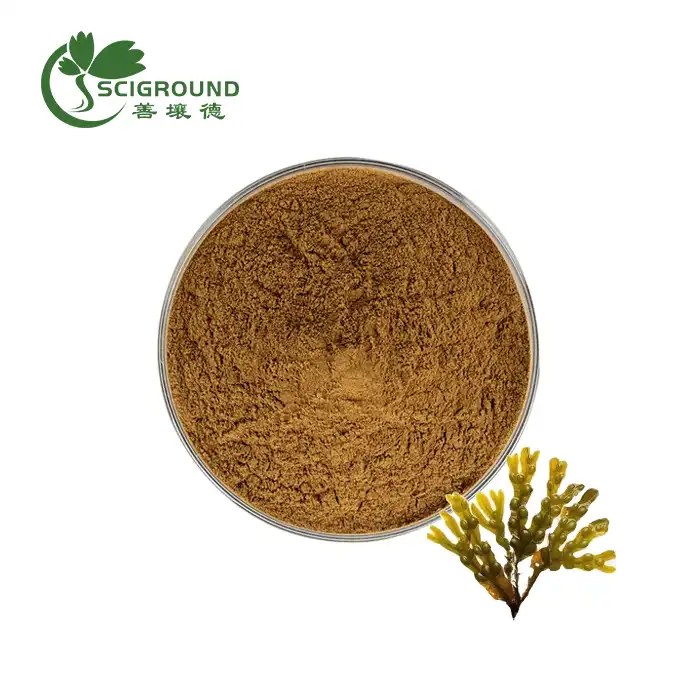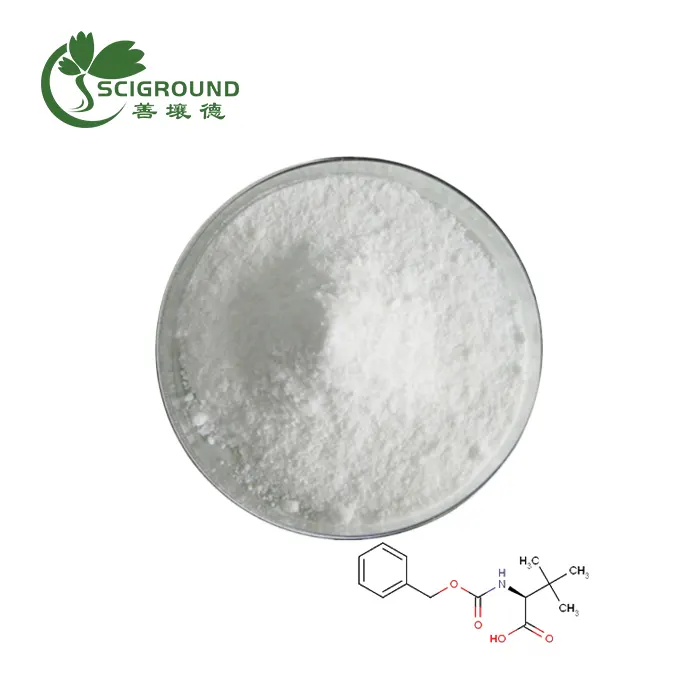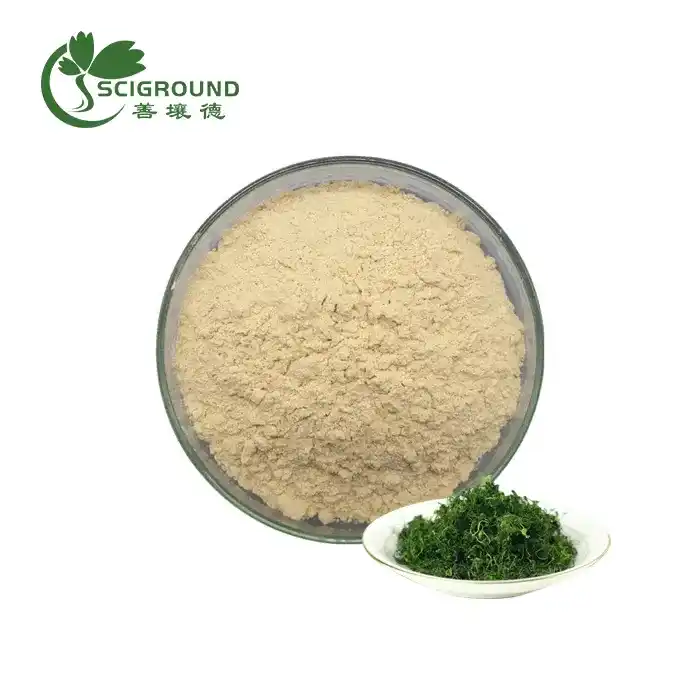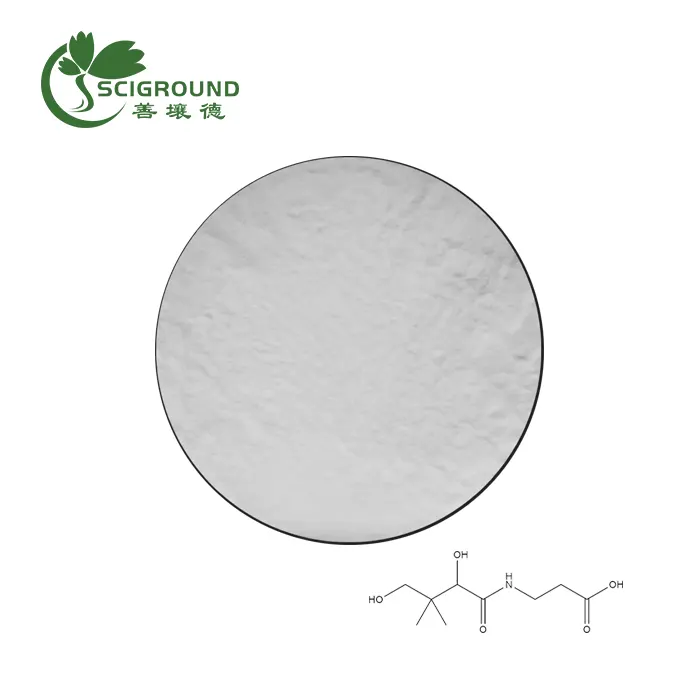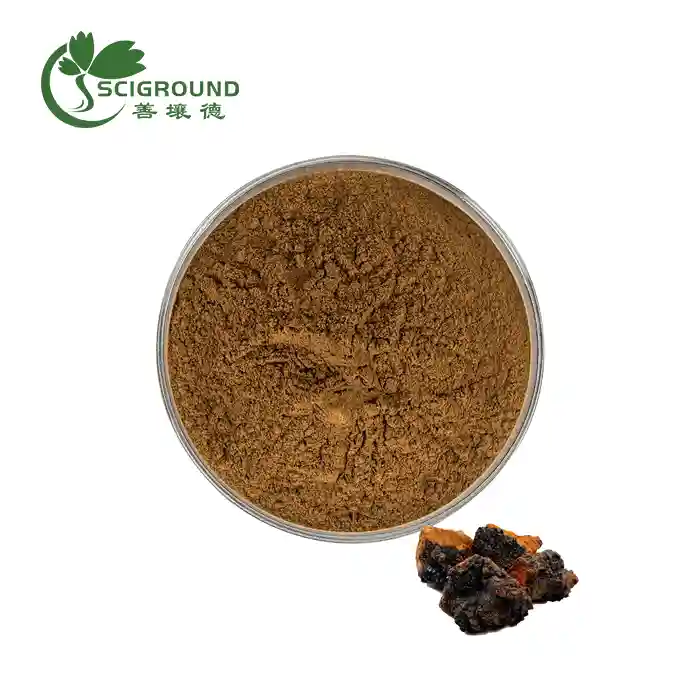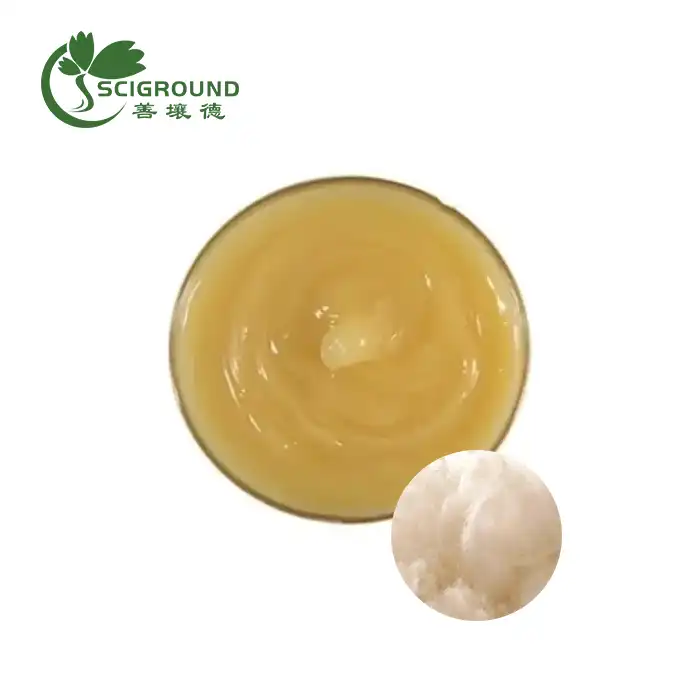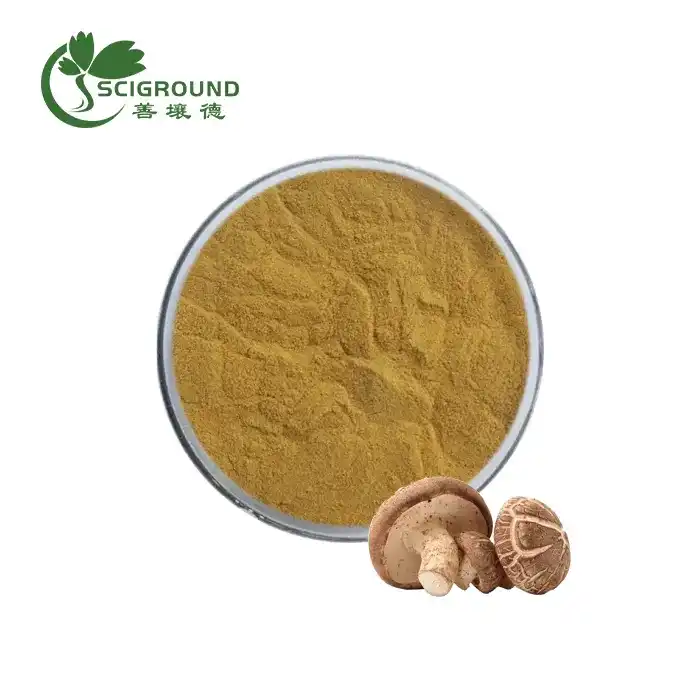What is Althaea Officinalis Root Extract
Althaea officinalis, commonly known as marshmallow, is a remarkable plant with a rich history in traditional medicine. Its root extract has garnered significant attention in recent years due to its potential health benefits. In this comprehensive guide, we'll explore the nature of Althaea officinalis root extract, its benefits, and potential drawbacks.
What is Althaea officinalis?
Althaea officinalis is a perennial herb belonging to the Malvaceae family. This plant is native to Europe, Western Asia, and North Africa, but it's now cultivated in many parts of the world. The plant typically grows to a height of about 1 meter and is characterized by its velvety leaves and pale pink flowers.
The root of Althaea officinalis is particularly noteworthy. It contains a thick, sap-like substance called mucilage, which is rich in polysaccharides and antioxidants. This mucilage is the primary source of the plant's medicinal properties.
Historically, Althaea officinalis was used to flavor confections, giving rise to the modern marshmallow treat. However, today's commercial marshmallows no longer contain this ingredient. Instead, Althaea officinalis root extract is primarily used in herbal medicine and skincare products.
The root extract is typically obtained through a process of maceration or percolation, where the dried roots are soaked in a solvent (often water or alcohol) to extract the beneficial compounds. The resulting extract is a brown liquid with a distinctive herbal-fruity aroma.
Althaea officinalis root extract contains several key compounds:
- Polysaccharides: These complex carbohydrates are responsible for the extract's mucilaginous properties.
- Flavonoids: Including hypolaetin-8-glucoside, isoquercitrin, and kaempferol, these compounds contribute to the extract's antioxidant effects.
- Phenolic acids: Caffeic acid and p-coumaric acid are among the phenolic compounds found in the extract.
- Amino acids: The extract contains various amino acids, which are essential building blocks for proteins.
These constituents work synergistically to provide the numerous potential benefits associated with Althaea officinalis root extract.
What are the main benefits of Althaea officinalis?
Althaea officinalis root extract has been the subject of numerous scientific studies, revealing a range of potential health benefits. While many of these effects have been observed in laboratory and animal studies, there's growing interest in exploring its benefits in human health.
Respiratory health: One of the most well-known uses of Althaea officinalis is in supporting respiratory health. The mucilage in the root extract forms a protective coating on the mucous membranes of the throat and respiratory tract, potentially soothing irritation and reducing cough. Some studies suggest that it may have antitussive (cough-suppressing) effects, although more robust clinical trials are needed to confirm this in humans.
Digestive support: The mucilaginous properties of Althaea officinalis root extract may also benefit the digestive system. It can form a protective layer on the lining of the digestive tract, potentially soothing inflammation and irritation. Some animal studies have suggested that it may help protect against stomach ulcers, although human studies are still lacking.
Skin health: In skincare, Althaea officinalis root extract is valued for its emollient and soothing properties. It can help hydrate and soften the skin, making it particularly beneficial for dry or sensitive skin types. The extract's anti-inflammatory properties may also help calm irritated skin.
Anti-inflammatory effects: Several studies have demonstrated the anti-inflammatory properties of Althaea officinalis root extract. This effect is attributed to various compounds in the extract, including flavonoids and polysaccharides. While most of this research has been conducted in vitro or in animal models, it suggests potential applications in managing inflammatory conditions.
Antioxidant activity: The flavonoids and other compounds in Althaea officinalis root extract exhibit significant antioxidant activity. Antioxidants help protect cells from damage caused by free radicals, which may contribute to various chronic diseases and aging processes.
Antimicrobial properties: Some studies have suggested that Althaea officinalis root extract may have antimicrobial properties. In laboratory studies, it has shown activity against certain bacteria and fungi. However, more research is needed to understand the extent and relevance of these effects in practical applications.
Wound healing: Animal studies have indicated that Althaea officinalis root extract may support wound healing. This effect is likely due to a combination of its anti-inflammatory, antimicrobial, and mucilage-forming properties. However, human clinical trials are needed to confirm these effects.
While these potential benefits are promising, it's important to note that many of these effects have primarily been observed in laboratory and animal studies. More high-quality human clinical trials are needed to fully understand the efficacy and optimal uses of Althaea officinalis root extract in human health.
What are the main drawbacks of Althaea officinalis?
While Althaea officinalis root extract offers numerous potential benefits, it's crucial to consider potential drawbacks and limitations:
Limited human studies: One of the primary drawbacks of Althaea officinalis root extract is the lack of extensive human clinical trials. While many studies have shown promising results in laboratory and animal models, these findings don't always translate directly to human health. More robust, well-designed human studies are needed to confirm many of the claimed benefits.
Potential drug interactions: Like many herbal remedies, Althaea officinalis root extract may interact with certain medications. The mucilage in the extract can potentially affect the absorption of other drugs taken orally. If you're taking any medications, it's crucial to consult with a healthcare professional before using products containing this extract.
Allergic reactions: Although rare, some individuals may be allergic to Althaea officinalis or related plants in the Malvaceae family. Symptoms of an allergic reaction may include skin rashes, itching, or in severe cases, difficulty breathing.
Variability in product quality: As with many herbal products, the quality and potency of Althaea officinalis root extract can vary significantly between manufacturers. This variability can make it challenging to determine the appropriate dosage and may affect the extract's effectiveness.
Pregnancy and breastfeeding concerns: While Althaea officinalis has been used traditionally during pregnancy, there's insufficient scientific evidence to confirm its safety. Pregnant or breastfeeding women should consult with a healthcare provider before using products containing this extract.
Potential contamination: As with any plant-based product, there's a risk of contamination with harmful substances such as heavy metals or pesticides if the plants are not grown and processed under strictly controlled conditions.
Lack of standardization: There's no universally accepted standardization for Althaea officinalis root extract, which can lead to inconsistencies in product quality and efficacy across different manufacturers.
Digestive effects: While the mucilage in Althaea officinalis root extract can be beneficial for digestive health, some people may experience mild digestive discomfort, such as bloating or gas, when first using products containing this extract.
Despite these potential drawbacks, it's important to note that Althaea officinalis root extract is generally considered safe when used appropriately. No serious side effects have been reported in clinical studies, and toxicity studies in animals have not identified significant concerns. However, as with any herbal supplement or extract, it's always advisable to consult with a healthcare professional before incorporating it into your health regimen, especially if you have existing health conditions or are taking medications.
In conclusion, Althaea officinalis root extract is a fascinating botanical ingredient with a long history of traditional use and growing scientific interest. While it offers numerous potential benefits, particularly for respiratory health, skin care, and as an anti-inflammatory agent, more research is needed to fully understand its effects and optimal uses in human health. As we continue to explore the potential of this natural extract, it's exciting to consider how it might contribute to future health and wellness solutions.
References:
- Benbassat, N., Yoncheva, K., Hadjimitova, V., Hristova, N., Konstantinov, S., & Lambov, N. (2013). Influence of the extraction solvent on antioxidant activity of Althaea officinalis L. root extracts. Central European Journal of Biology, 8(2), 182-188.
- Hage-Sleiman, R., Mroueh, M., & Daher, C. F. (2011). Pharmacological evaluation of aqueous extract of Althaea officinalis flower grown in Lebanon. Pharmaceutical Biology, 49(3), 327-333.
- Fink, C., Schmidt, M., & Kraft, K. (2018). Marshmallow Root Extract for the Treatment of Irritative Cough: Two Surveys on Users' View on Effectiveness and Tolerability. Complementary Medicine Research, 25(5), 299-305.
- Rezaei, M., Dadgar, Z., Noori-Zadeh, A., Mesbah-Namin, S. A., Pakzad, I., & Davodian, E. (2015). Evaluation of the antibacterial activity of the Althaea officinalis L. leaf extract and its wound healing potency in the rat model of excision wound creation. Avicenna Journal of Phytomedicine, 5(2), 105-112.
- Bonaterra, G. A., Bronischewski, K., Hunold, P., Schwarzbach, H., Heinrich, E. U., Fink, C., ... & Kinscherf, R. (2020). Anti-inflammatory and Anti-oxidative Effects of Phytohustil® and Root Extract of Althaea officinalis L. on Macrophages in vitro. Frontiers in Pharmacology, 11, 290.
- Mousavi, A., Mousavi, A., Nikfahm, N., & Mohammadi, A. (2017). Effects of hydroalcoholic extract of Althaea officinalis root on serum level of testosterone and spermatogenesis in male rats. Journal of Medicinal Plants, 16(64), 128-136.
For more information about Althaea Officinalis Root Extract and our other plant extract products, please don't hesitate to contact us at info@scigroundbio.com. Our team of experts is ready to answer your questions and help you find the right solutions for your needs.
Related Industry Knowledge
- What is Allium Cepa Bulb Extract?
- What you need to know before you take Acetylcysteine 200 mg Powder
- How to Make Alfalfa Extract
- Is L Lysine bad for the kidneys?
- What Foods Have Vitamin B5
- Does BCAA Help Lose Belly Fat?
- What Does Vitamin D3 Do for You
- Is Pea Protein Powder a Viable Vegan and Gluten-Free Alternative to Whey Protein?
- The Power of Rhamnus Frangula Powder: Enhancing Digestion and Wellness Naturally
- The Mighty Maca Root Extract Powder: Revitalize Your Health and Vitality Naturally
